Frequently asked questions
TOPICS
- General FAQ
What is this case about?
TransUnion engaged in a negative option scheme to entice consumers to sign up for a “free” credit monitoring service and provide them their payment information. TransUnion marketed their credit monitoring as “free” but directed consumers to their paid service instead. Transunion was masking that the consumer was signing up for a paid, not free subscription. When consumers inputted their personal information and payment data to TransUnion, they were enrolled in a TransUnion credit monitoring product without TransUnion getting appropriate consent to charge their debit or credit cards on a recurring or monthly basis.
We are pursuing private arbitration claims against TransUnion alleging claims that consumers were unknowingly charged without their consent. Successful claims could be entitled to up to $1,000.
We are pursuing private arbitration claims against TransUnion alleging claims that consumers were unknowingly charged without their consent. Successful claims could be entitled to up to $1,000.
What is a negative option?
A negative option is a billing practice where a consumer is automatically charged for a service until the consumer tells the seller that they affirmatively do not want the service. In recent years, the FTC has begun to crackdown on negative options.
Are you affiliated with the CFPB lawsuit?
No. Labaton Sucharow LLP is a private law firm pursuing arbitration claims against TransUnion. In 2017, TransUnion entered into a CFPB Consent Order in which it agreed to stop making misrepresentations to consumers regarding paid TransUnion Credit Monitoring products, including that (1) consumer credit scores were used by lenders to evaluate credit, (2) any part of TransUnion Credit Monitoring products were free, (3) misrepresenting on the annual credit report website that consumers were signing up for a free product, (4) enrolling consumers in TransUnion Credit Monitoring products using negative options, and (5) making it difficult for consumers to cancel. TransUnion paid $13.3 million in restitution to consumers and a $3 million penalty. You can read the Consent Order here.
On April 12, 2022, the CFPB sued TransUnion allegedly for failing to comply with the Consent Order. The suit alleges that TransUnion Credit Monitoring products continue to be deceptively marketed by TransUnion and its third-party affiliate marketers. The CFPB has issued annual warnings to TransUnion since 2018, including in June 2021, that it was not in compliance with the Consent Order. You can read more about the current CFPB lawsuit here.
On April 12, 2022, the CFPB sued TransUnion allegedly for failing to comply with the Consent Order. The suit alleges that TransUnion Credit Monitoring products continue to be deceptively marketed by TransUnion and its third-party affiliate marketers. The CFPB has issued annual warnings to TransUnion since 2018, including in June 2021, that it was not in compliance with the Consent Order. You can read more about the current CFPB lawsuit here.
Do I need to pay for a credit report?
Credit Reporting Agencies like TransUnion are required by law to provide consumers with one free credit report per year. They typically do this through a website called annualcreditreport.com. In April 2022, the CFPB sued TransUnion for misrepresenting it’s paid credit monitoring products as “free” in hopes of duping consumers into believing they were receiving their free credit report and billing them anyway. The CFPB and FTC websites contain links showing consumers how they can receive copies of their free credit reports.
Am I signing up for a class action?
No, this is not a class action lawsuit. Your individual arbitration claim will be decided on its own facts, which is why we ask for more information than is normally required when signing up for a class action settlement.
What is arbitration?
Arbitration means that instead of having your claim or dispute heard by a judge or jury in court, it will be decided by a neutral arbitrator in a private forum. Arbitration is something the parties agree to, usually as part of a contract that they enter into at the beginning of their relationship. Many companies have arbitration provisions in contracts that they enter into with individual consumers, employees, small businesses, or investors. Arbitration is sometimes called “alternative dispute resolution,” “ADR,” or “private dispute resolution.”
How do your fees work?
Our fees will be a percentage of the settlement or recovery we obtain for you. That amount will depend on the rules in the state you live in. We only receive a fee if you win, and you will never owe us any money.

